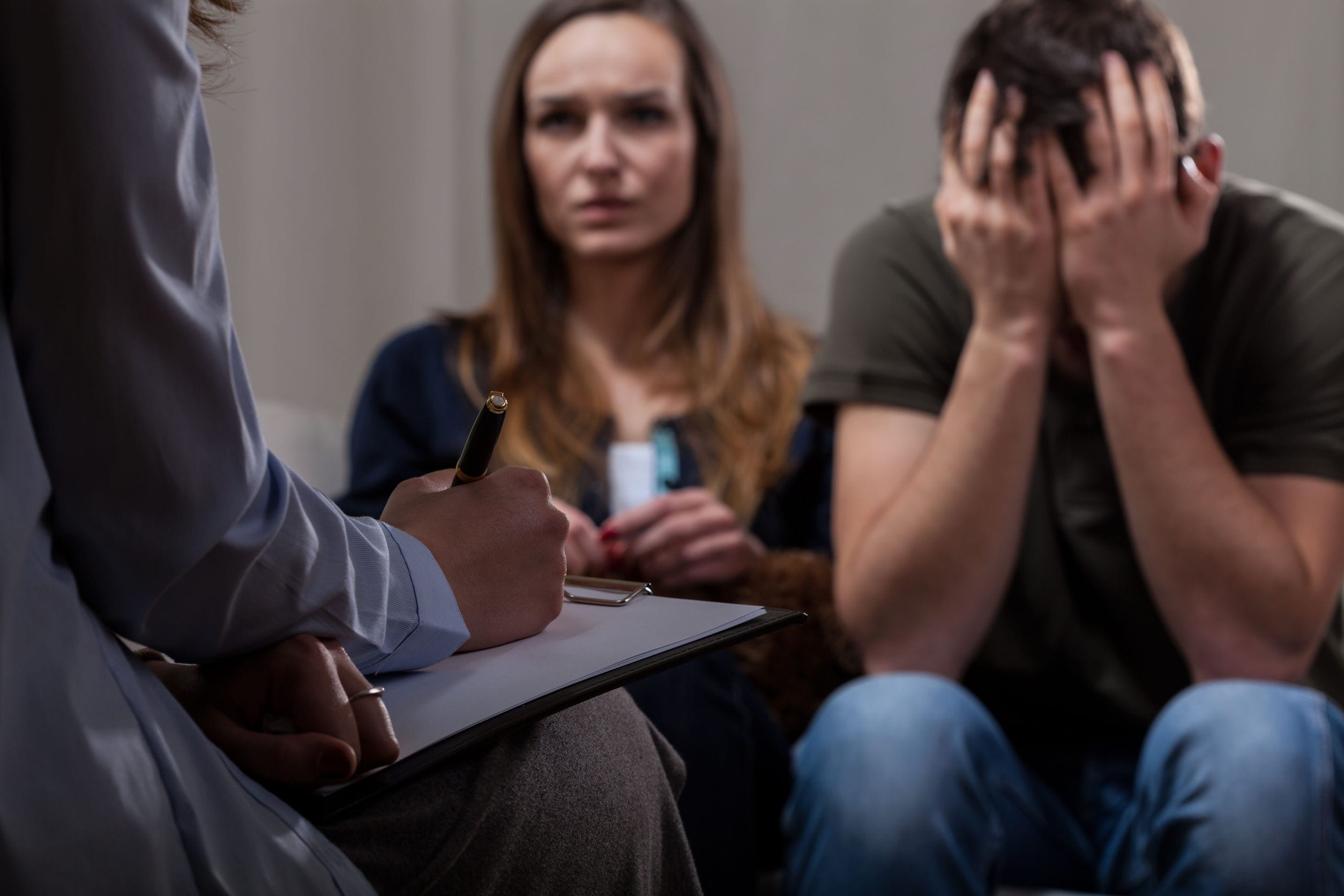- Home
- THE FIRM+
- Criminal Defense+
- CASE RESULTS
- AREAS WE SERVE+
- FAQ’s
- Blog
- Contact
AZHARI LLC BLOG

Posted By: Sami Azhari
Category:
Domestic violence is an unfortunate reality that we have to contend with in modern society. Worse, it’s on the rise nationwide — despite repeated attempts by lawmakers to strengthen domestic violence laws and harshly punish offenders.
Clearly something isn’t working. If we truly want to make a difference and curb this epidemic, we can’t just deal with the aftermath — it is important to understand what drives abusers to hurt the people they love most.
Domestic violence is a complex problem, and has many potential underlying causes. Below, we’re going to discuss common reasons people are driven to abuse, and cover who typically falls victim to domestic violence.
Learned Behavior
Domestic violence is often a learned behavior. Most abusers learn it from their families, and are themselves victims or witnesses of abusive behavior in childhood. Other abusers may pick up the tendency for abuse through peers or popular culture.
If an abuser was exposed to or witnessed abuse in childhood but no one held the abuser accountable for their actions, this could normalize the behavior to the future abuser.
Drug and Alcohol Abuse
Most domestic violence offenders suffer from drug and alcohol abuse. This link is well-established, and these two problems are often coincident for a number of reasons.
First, addiction is a mental illness, and addicts often turn to substance abuse to self-medicate underlying mental health conditions. These same mental health conditions (for example, depression and anxiety), are also linked to abusive behavior.
Secondly, addicts are much more likely to commit domestic violence while intoxicated. Drugs and alcohol impair a user’s inhibitions, making intoxicated people more likely to commit rash acts such as domestic violence. Further, certain substances like marijuana and amphetamines may increase paranoid thinking, causing the abuser to believe that the victim is “out to get them.”
Third, although substance abuse is used to self-medicate mental illness, it ultimately ends up exacerbating any mental health conditions. This vicious cycle makes addicts more prone to abusive behavior.
Substance abuse disorders are also more likely in victims of domestic violence. Victims may turn to substance abuse to numb themselves from the pain of an abusive relationship. People are also more likely to fall victim to domestic violence while intoxicated, as victims aren’t as aware of their surroundings while intoxicated, and may blame the incident on their intoxication and fail to take action.
Distorted Thoughts
Certain thought patterns are more common in abusers. For example, the abuser may believe that the victim is always wrong, and commit abuse to prove a point. Secondly, many abusers are in codependent relationships, and feel that the victim is responsible for their happiness.
An abuser who sees the victim as always wrong will find ways to criticize them. When the abuser is stressed, he or she will feel defensive, and put the victim in a negative light. He or she may have thoughts such as “I need to regain the upper hand” or “he/she always pushes my buttons.” Such thinking patterns often lead to retaliation with domestic violence.
Abusers who see their victims as responsible for their happiness may have a problem with a fantasy bond, as no person is truly responsible for anyone else’s happiness. This can cause abusers to retaliate when the victim does something displeasing or incites fear or anger in the abuser.
Although society has made a significant amount of progress towards gender equality, the reality is that we still live in a patriarchal society. Men often feel that they should be strong, masculine, and more powerful than women. This creates a dangerous precedent in which men can feel ashamed of appearing to be week or unmanly, and resort to domestic violence to regain the upper hand.
Control Issues
Domestic violence is almost always about control. The abuser feels that he or she should have control over the victim, and will become angry if he or she loses this control.
If the victim does not live up to the abuser’s expectation of control, the abuser will use various tactics to control the victim’s behavior, and may resort to physical violence. In fact, many abusers feel that physical violence is justified to put the victim in line or prevent behavior that the abuser perceives as threatening.
Who Can Be in an Abusive Relationship?
On the other side of the coin, what makes people more likely to fall victim to domestic abuse?
Unfortunately, anyone can become the victim of abuse, regardless of age, gender, socioeconomic status, race, or sexual orientation. This means that if you feel you’re being abused by your partner, you should seek out help.
It’s normal to blame yourself for what’s happening, or to feel confused, angry, afraid, or trapped in the situation. In fact, if any of these elements are present, this is even more indication that you should seek out help. Regardless of the relationship’s dynamics, no one ever deserves to be abused.
If you worry that you’re committing or falling victim to domestic abuse, get help before it’s too late. There are programs out there to help people work through your issues in a healthy, non-violent way, and it’s worth the effort. Not only can it help to prevent serious physical or mental harm, it may enable you to avoid the potential legal repercussions that come with being charged with domestic violence.
Understand and Combat Domestic Violence with Expert Legal Guidance
It’s crucial to understand the complexities behind the behaviors that drive abusers and the conditions that often accompany such violence. If you find yourself involved in a domestic violence situation, whether as an accused or a victim, securing knowledgeable legal representation is vital. Our firm, led by Sami Azhari, is dedicated to navigating these sensitive cases with the utmost care and professionalism. Contact us today to discuss your situation and explore your options.
About the Author
Sami Azhari has been working as a lawyer since 2007, after receiving his Juris Doctor from the Michigan State University College of Law. He has handled numerous state and federal cases, and is known throughout the Chicago and Rolling Meadows area for providing his clients with high-quality, skilled representation. He has been recognized by SuperLawyers, the National Trial Lawyers Association, and other notable organizations, and has spoken at a number of legal conferences.



























































